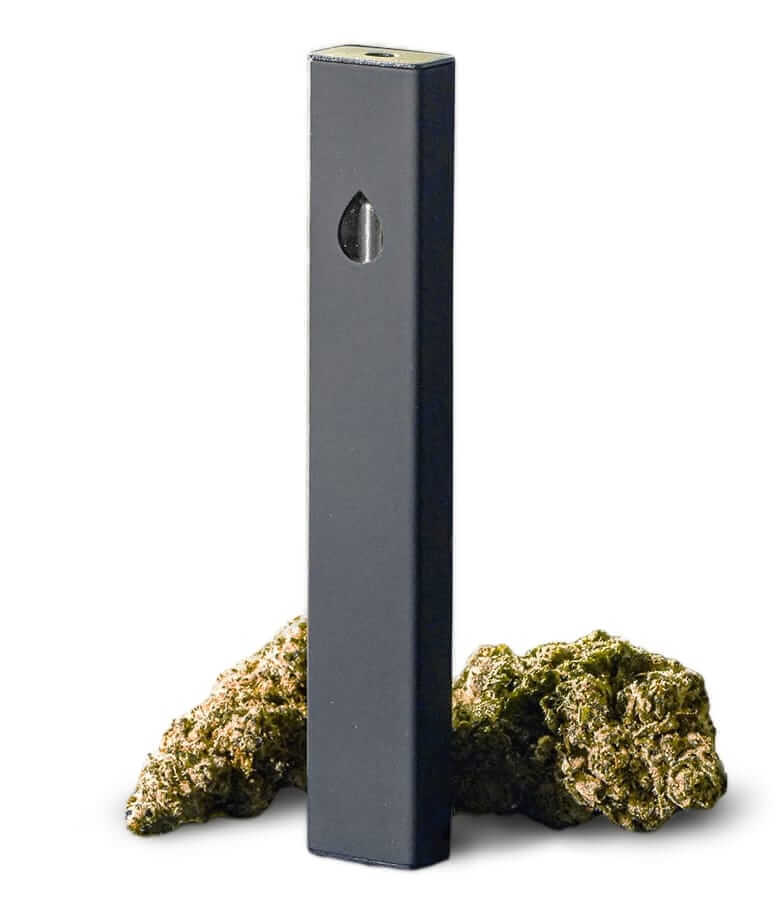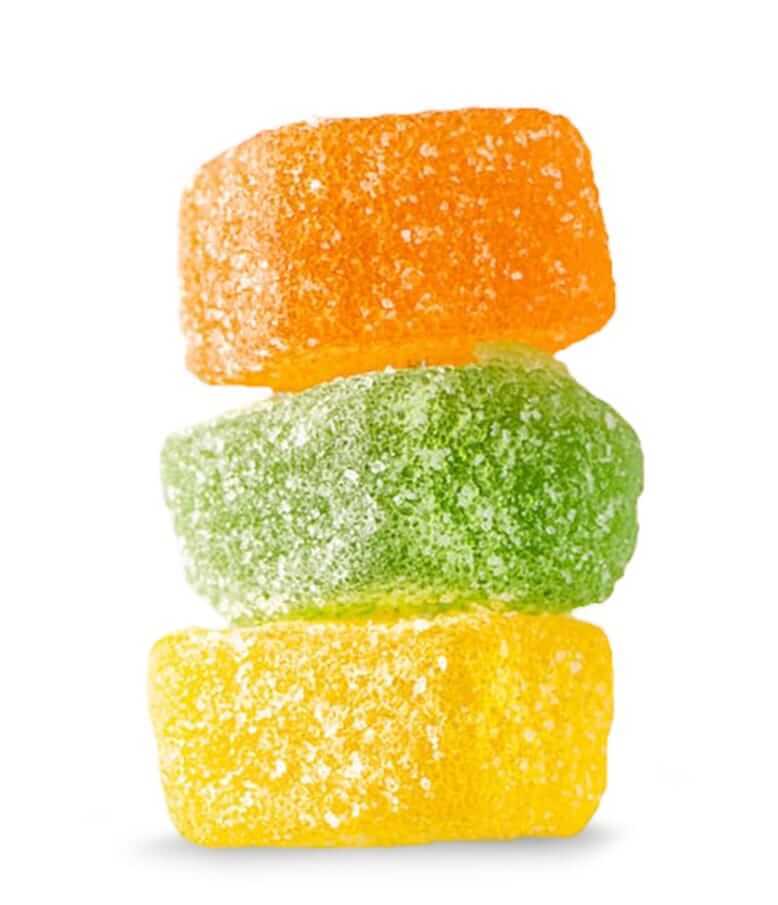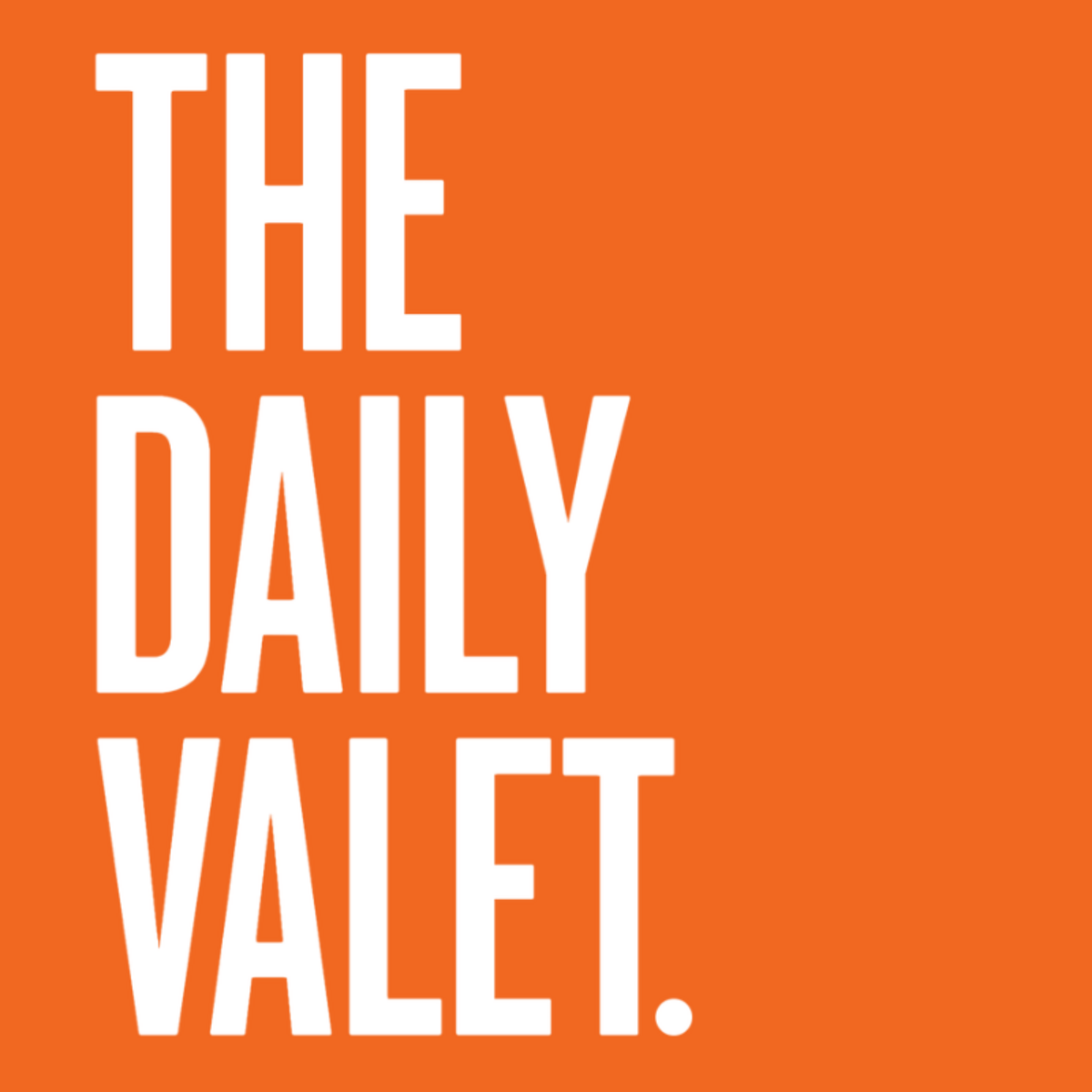Thursday, April 4th Edition |

|
By Cory Ohlendorf, Valet. EditorWhen it comes down to it, we're all more alike than we are different. |
Today’s Big Story
We Still Fundamentally Agree
Yes, we’re divided. But new polling shows most of us still agree on core American values.

Well, this is somewhat reassuring. Despite the country’s deep political polarization, most Americans share many core beliefs about what it means to be an American, according to the latest data.
A poll from the Associated Press-NORC Center for Public Affairs Research found that about nine in 10 U.S. adults say the right to vote, the right to equal protection under the law and the right to privacy are extremely important or very important to the United States’ identity as a nation. The survey also found that 84% feel the same way about the freedom of religion.
According to The Hill, the results showed “only small variances between Republicans and Democrats,” except when asked about the right to keep and bear arms. Sixty percent of Republican respondents ranked the right to keep and bear arms as extremely important to the nation’s identity, 41% more than the 19% of Democratic respondents who said so.
The AP points out that the overall findings are striking because they come at a time of extreme partisanship when political agreements seem rare and concerns are heightened over the potential for violence during a volatile presidential election year. This is also a time when more than three-fourths of Americans (77%) believe that the country is “going in the wrong direction”, compared with only 22% who believe the country is “going in the right direction”.
Also: |
More than 70% of U.S. adults surveyed are currently stressed about money, CNBC finds. |
Sports Betting Is Booming
Have irresponsible legislators and greedy sports leagues led to a dangerous rise in gambling?
As the MLB season ramps up and the NBA season winds down, both leagues are making headlines with rather bizarre gambling scandals. There’s the wild story about Shohei Ohtani’s interpreter and then Jontay Porter’s investigation into an unusual surge in prop bets on his performance during NBA games. These cases are being treated as wake-up calls about the wildfire spread of gambling in recent years.
But according to The New Republic, that should be the least of our worries. “Only six years since the Supreme Court opened the floodgates, it’s become abundantly clear that sports gambling is having a ruinous effect on American society—and that the leagues, team owners, and state and national politicians are now too deeply enmeshed with the industry to do anything about it.” As one sports reporter put it, “I don't think even gambling's biggest advocates could ever have anticipated how enormous it's grown, how profoundly it's transformed the business of sports.”
Professional leagues have played the willing accomplice, making their own bet that they could net billions in profit without addicting their own fans, compromising the integrity of their sports, or socializing young fans into a world of vice. Gambling revenue has provided a lifeline to the leagues and team owners as well. The increase in cord-cutting is depriving them of lucrative TV revenue, and younger generations are showing less interest in watching full games. Gambling helps to generate interest in games, perhaps even entire leagues, that one might not consider watching otherwise. Last October, The Washington Post reported that the NFL makes $132 million per year from gambling-related sponsorships, up from $35 million in 2018. The same goes for the NBA, MLB and NHL, too. The “regulated” side of things isn’t much prettier. It seems like a promising area for possible bipartisan cooperation, but so far only a few pieces of legislation have been introduced, and with little chance of passing.
|
The FCC Is Reviving Net Neutrality
But what does that really mean for consumers?
The Federal Communications Commission is defrosting net neutrality once again, bringing back internet protection laws intended to keep users from paying high prices for the same web. The FCC announced it will vote later this month on whether or not to reinstate the set of rules to ensure equal treatment of internet data. The Trump administration overturned the policy in 2017. But in a statement to Reuters, FCC chair Jessica Rosenworcel confirmed that they would be voting to bring back net neutrality laws.
The vote is slated for April 25 and will impose a national standard for broadband reliability, consumer protection and security. If reinstated, the FCC says its net neutrality oversight would regulate “pay-to-play Internet fast lanes,” help restore broadband outages and improve digital security when using broadband services. On the whole, net neutrality argues that telecommunications companies shouldn't be allowed to ramp up prices or put walls up to digital access without the government being involved.
What will this mean for us internet users? Mashable says a “yes” vote from the FCC would reinstate protections and oversight powers bestowed under the Open Internet Rule. This means federal agencies would once again require ISPs to report speed, pricing, and network management practices. That information would then be made available to customers.
FYI: |
Advocates for net neutrality laws include digital rights advocacy groups, the ACLU, and even the inventor of the World Wide Web. |
The Next Gen Moon Rovers
NASA chose three companies to help astronauts drive around the lunar surface
Even though we’ve already got a rover that we left up there, NASA announced on Wednesday that they have hired three companies to come up with preliminary designs for vehicles to take NASA astronauts around the lunar south polar region in the coming years.
Unlike the lunar buggiess of the Apollo missions, these vehicles would be able to self-drive around as robotic explorers, similar to NASA’s rovers on Mars, after the astronauts return to Earth. The self-driving capability would also allow the vehicle to meet the next astronaut mission at a different location.
The companies are Intuitive Machines of Houston, which in February successfully landed a robotic spacecraft on the moon; Lunar Outpost of Golden, Colo.; and Venturi Astrolab of Hawthorne, Calif. Only one of the three will actually build a vehicle for NASA and send it to the moon. The awards are worth up to $4.6 billion combined over a potential 15-year period, NASA said. Officials will work with the three companies for a year to further develop their designs. Then the space agency will choose one of them for the demonstration phase. However, the lunar terrain vehicle, or L.T.V., will not be ready in time for the astronauts of Artemis III, the first landing in NASA’s return-to-the-moon program, which is currently scheduled for 2026.
Meanwhile: |
Coordinated Lunar Time is coming in 2026. Gear Patrol asks, did NASA just kick off a space race for watchmakers? |
|
Partner
Legal, Easy and Quality THC
MOOD delivers quality (and legal) THC products farm-to-doorstep
Have you tried MOOD yet? The modern DTC brand has earned a dedicated following of more than half a million customers for developing a way to deliver high-quality artisanal THC products that are 100% legal to be shipped anywhere in the United States. They offer a wide variety—everything from flowers and pre-rolls, to edibles, vapes, concentrates and CBD—and everything has been grown by small American family-owned farms. The company boasts 25,000+ five-star reviews and honors a 100-day money-back guarantee.
I think, for me, the coolest feature is that they let you shop their lineup by your mood. Or your desired mood. Are you looking to be inspired or do you want to focus? Do you desire a euphoric evening out or a relaxed night in? This way you get exactly the kind of product you need. In fact, MOOD is so confident in their product that for a limited time, they’re giving our readers 20% off your first order to try it out.

Hero Dose Delta-8 THC disposable vape, |

THCa Moonrocks, |

Micro-Dose Delta-9 THC gummies, from |





